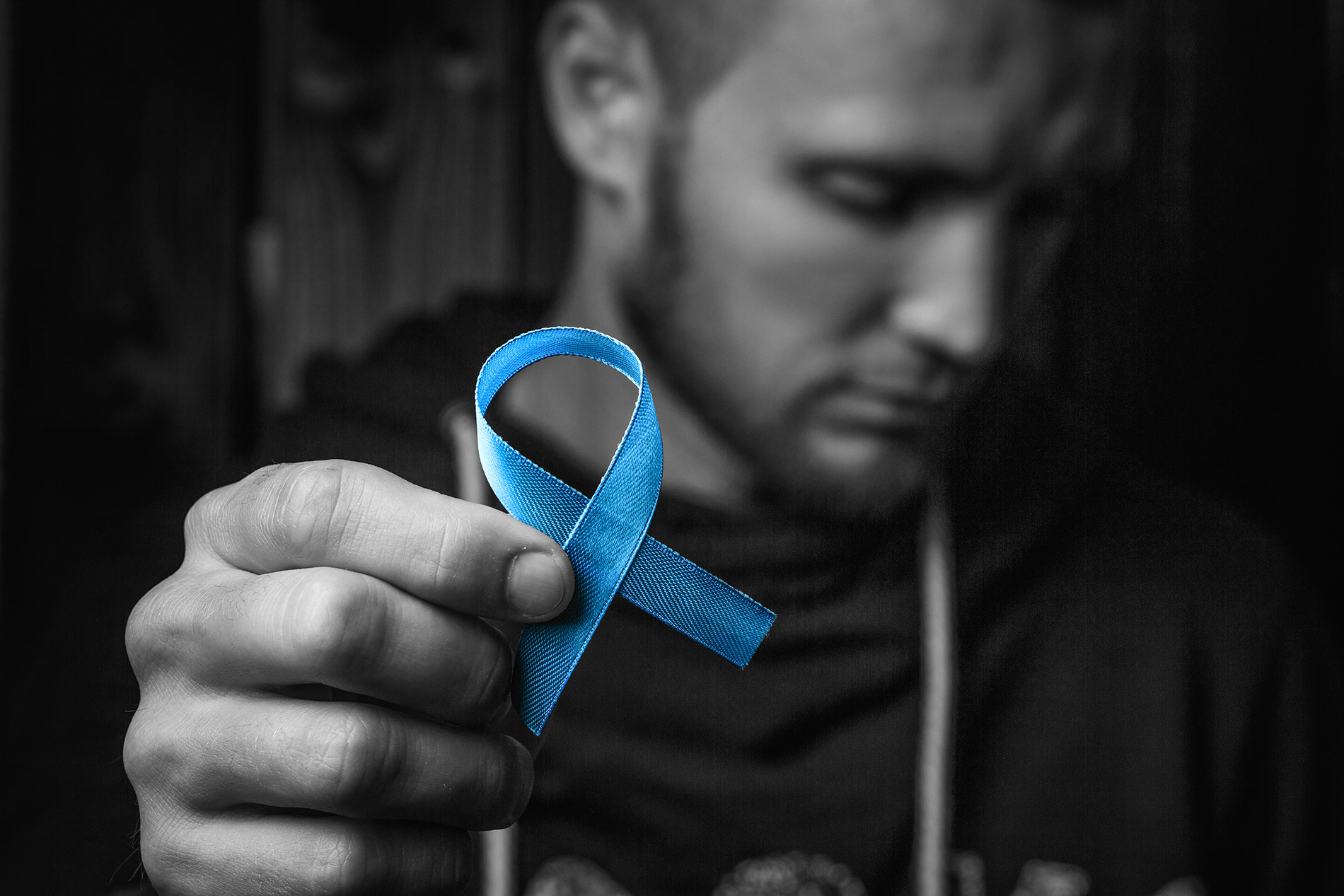Colon and rectal cancers are being diagnosed in younger adults across the United States. Now, 1 in 5 cases diagnosed are among those in their early 50s or younger, according to the American Cancer Society’s latest colorectal cancer report.
The report says that the proportion of colorectal cancer cases among adults younger than 55 increased from 11% in 1995 to 20% in 2019. And overall, more newly diagnosed cancers were of advanced stages. In 2019, 60% of all new colorectal cases among all ages were advanced.
Medical researchers have been tracking the increase in colorectal cancer among younger adults for years, even as the rates in older people are declining.
Researchers are not certain what is causing the rise in cases in younger people but note that more than half of colorectal cancers are attributed to potentially modifiable risk factors — like diet, exercise and smoking.
Colorectal Cancer is Preventable
Colorectal cancer is the second deadliest cancer in the United States. But unlike most cancers, colorectal cancer is often preventable with screening and highly treatable when detected early.
Most colorectal cancers start as an abnormal tissue growth, called a polyp, inside the colon or rectum. Through screening, doctors can detect polyps, remove them, and prevent them from developing into colorectal cancer.
Screening can also find colorectal cancer early, when treatment is most effective.
Risk Factors
While anyone can develop colorectal cancer, some conditions can increase the risk:
- Inflammatory bowel diseases such as Crohn’s disease or ulcerative colitis
- A personal or family history of colorectal cancer or colorectal polyps
- A genetic syndrome such as familial adenomatous polyposis (FAP) or hereditary non-polyposis colorectal cancer (Lynch syndrome)
- Black/African Americans and Ashkenazi Jews are at higher risk
Common Symptoms
Colorectal cancer may develop without symptoms. When they do occur, symptoms may include:
- Blood in or on stool
- Persistent unusual bowel movements like constipation or diarrhea
- Stomach pain, aches, or cramps that don’t go away
- Losing weight for no reason
When Should You Get Screened
Screening is the best way you can prevent colon cancer and rectal cancer. That’s why on-time screening is essential and lifesaving.
All men and women without a family history of colorectal cancer should begin colorectal cancer screenings at age 45, according to the American Cancer Society.
If you have certain risk factors, including a family history of colon cancer, you may need to be screened earlier than 45. Speak with your doctor about developing a screening plan for you. They can recommend how and when you should be screened.



Leave a comment